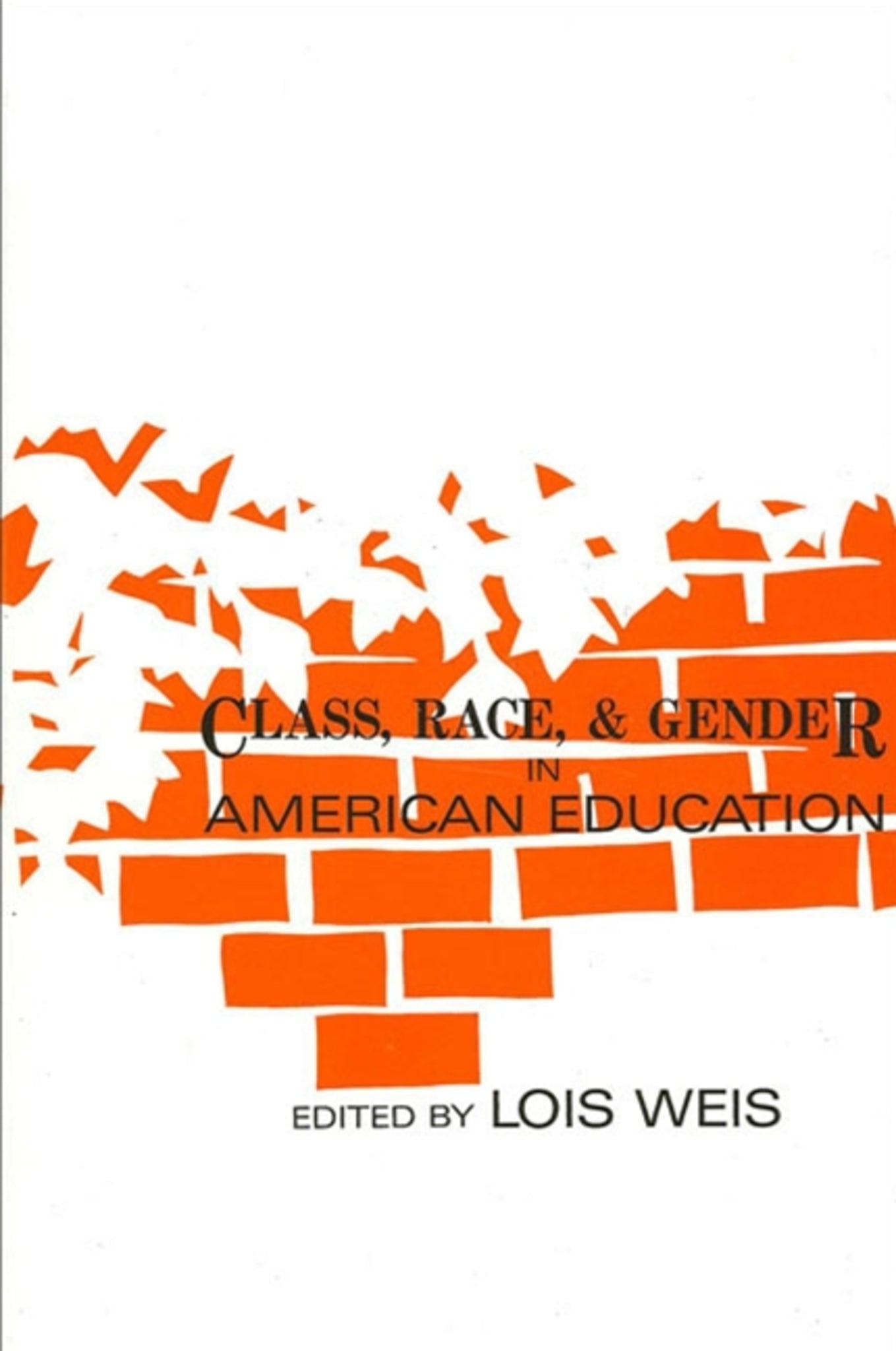We're sorry. An error has occurred
Please cancel or retry.
Class, Race, and Gender in American Education

Some error occured while loading the Quick View. Please close the Quick View and try reloading the page.
Couldn't load pickup availability
- Format:
-
08 July 1988

Most educators might agree that the hidden agendas on class, race, and gender, to a large extent, condition and determine the form and the content of schooling. But, how much of this situation is due to school factors, and how much to social background factors, is heatedly discussed and debated by scholars working within both the mainstream and critical traditions in the field of education. Class, Race, and Gender in American Education represents a groundbreaking overview of current issues and contemporary approaches involved in the areas of class, race, and gender in American education.
In this book, the first to combine a consideration of these issues and to investigate the manner in which they connect in the school experience, authors consider the particular situations of males and females of divergent racial and class backgrounds from their earliest childhood experiences through the adult university years. While providing valuable original in-depth ethnographic and statistical analyses, the volume also incorporates some of the important current theoretical debates; the debate between structuralists and culturalists is highlighted, for example.


"Weis's is the first full-scale treatment of race, class, and gender issues. As such, it is a key original contribution. The book is strong not only because it deals imaginatively with these issues, but also because virtually all of the essays present original data — materials from research — and not simply pontifications on the topic." — Philip G. Altbach, State University of New York at Buffalo



